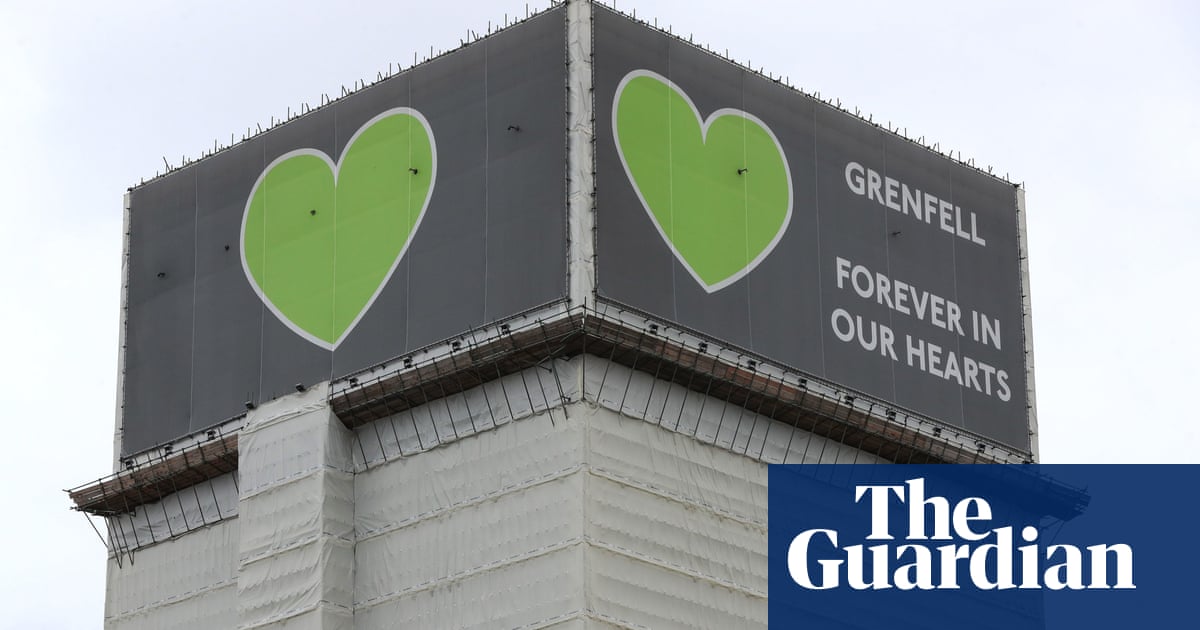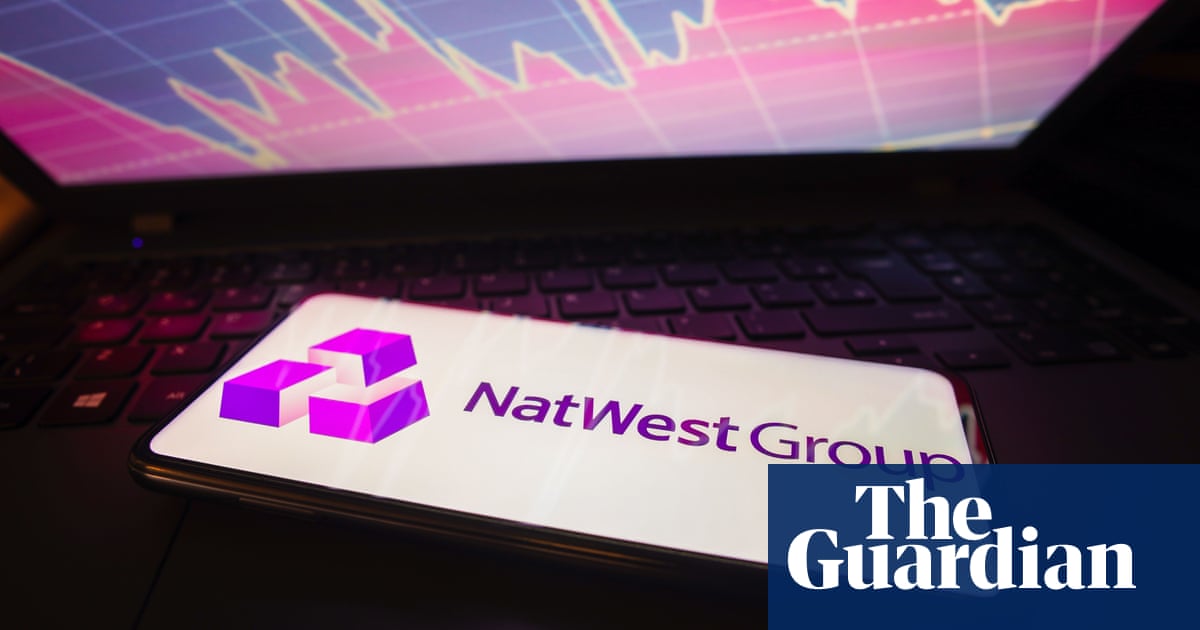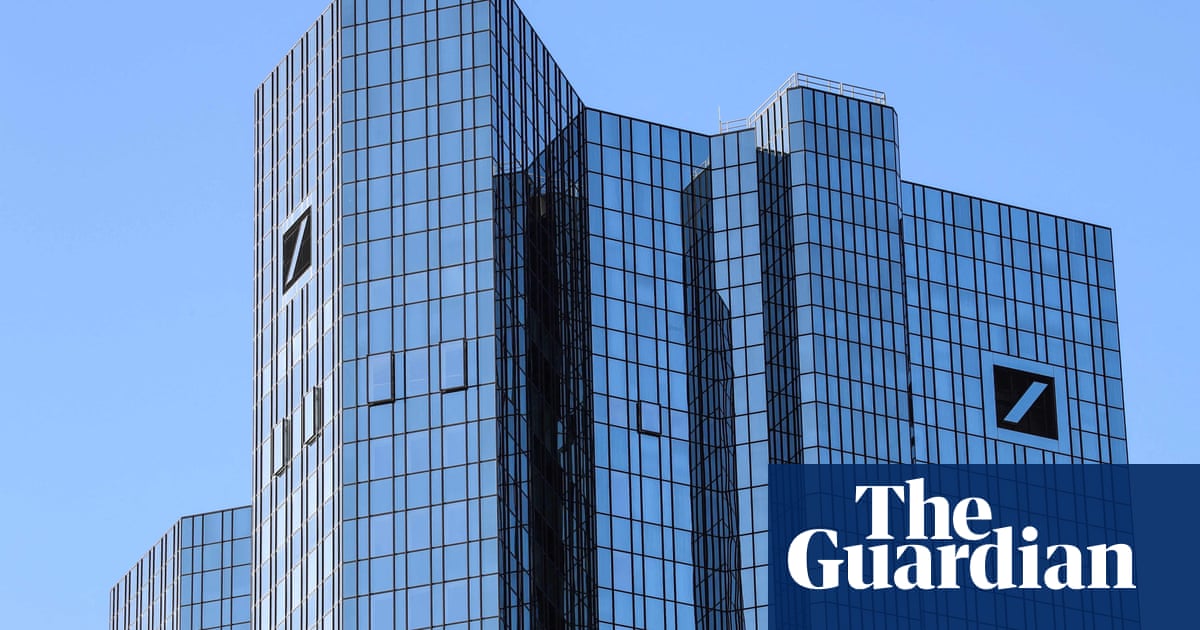
Investors have sold shares worth hundreds of millions of pounds in Kingspan, which supplied part of the combustible cladding system on Grenfell Tower, after growing pressure from bereaved families for firms involved in the 2017 disaster to start facing consequences.
Baillie Gifford, until recently one of Kingspan’s largest shareholders, has sold an estimated £200m worth of stock in the Irish firm in a series of trades executed in February and March, according to records analysed by the Guardian. Four other asset managers have also reported selling holdings in recent months and others have placed investments under review. They include specialist ethical funds originally attracted to Kingspan because its insulation products reduce carbon emissions.
All the investors were urged to divest by Grenfell United, which told them it wanted “consequences for the corporate bodies like Kingspan, who played a central role in inflicting the pain and suffering that is felt by the bereaved and survivors to this day”.
The public inquiry into the disaster has heard that Kingspan sold its plastic foam insulation without telling customers that it had failed fire tests. The inquiry heard one Kingspan executive responded to a contractor who pointed out the material might fuel fire in some uses by suggesting they “can go f’#ck themselves, and if they are not careful we’ll sue the a’#se of [sic] them”.
When another contractor complained to Kingspan it had “not substantiated … on what basis [its insulation] is suitable for buildings over 18m” Philip Heath, Kingspan’s technical manager remarked to a colleague: “[They] are getting me confused with someone who gives a dam [sic]”.
Kingspan has admitted “unacceptable conduct and historical process shortcomings, involving a small number of employees” but said this did “not reflect the high standards of integrity and safety that are core Kingspan values”.
With an ongoing police investigation into possible corporate manslaughter and health and safety offences related to the fire unlikely to result in charging decisions until 2022, survivors and families of the 72 people who died have been privately lobbying investors to “immediately disinvest from a company which pushed hazardous products into the marketplace and sought to market them dishonestly, thereby, putting innocent lives at risk”.
Kingspan said in response that it “condemns any actions that do not demonstrate a proper commitment to fire safety”. It added: “We firmly believe that systems incorporating K15 [the foam used on Grenfell], that have passed a full-scale fire test, are safe where correctly installed in the manner in which they were tested.”
Baillie Gifford, before it cut its holdings, told Grenfell United “the allegations of misconduct at Kingspan were deeply concerning”. It declined to comment further.
Last week it emerged that WHEB, which runs an ethical fund, had sold its shares citing “an attitude that prioritised commercial advantage over product safety”. According to investment committee minutes it said it felt a “lack of trust in the governance of the company”, although it said “it seems clear that the primary failings at Grenfell were due to the cladding system as a whole rather than a specific failing in the insulation that was used”.
Grenfell United welcomed the sell-offs and said it would press for more investors to do the same. It also wants firms involved in Grenfell barred from public contracts. The inquiry has heard that Arconic, which made the combustible cladding panels, probably knew before the fire that they were dangerous on facades, and that Celotex, which made most of the insulation, had rigged a key test to make its combustible foam seem safer than it was.
“It’s unbelievable that people would still put money into businesses which have demonstrated a clear lack of concern for human life, public safety and a culture of pure greed,” Grenfell United said. “The inquiry made it clear they only care about profit. Although it won’t bring our loved ones back, it does help to know these companies aren’t getting away with business as usual. In our eyes, Kingspan and their like should not still be in business after what they did.”
Other recent sellers of Kingspan shares who were lobbied by survivors include Pictet asset management, which sold all its holdings by February this year, Guinness Funds, which sold up in the last months of 2020, and Lionstrust asset management, which reduced its holding, froze any new investment and said it was awaiting the inquiry’s conclusions.
Impax asset management said it had reduced its position “significantly” and would keep its remaining investment “under active review”.
Kingspan’s combustible foam insulation, Kooltherm K15, has been widely used on blocks of flats, including many now caught up in the fire safety crisis affecting hundreds of thousands of high-rise homes.
While Kingspan’s share price is 12% lower than before evidence about its conduct was revealed at the inquiry, the firm reported increased profits for 2020 of around £330m. Its chief executive, Gene Murtagh, owns stock in the company worth about £1.4bn and sold share options worth £3.1m shortly before evidence about Kingspan was revealed at the public inquiry, triggering a share price fall.
Kingspan declined to comment on the share trades. In February, Murtagh said: “We have already implemented several important changes that demonstrate our commitment to product compliance and good governance. Our aims are clear: to reassure that safety takes precedence over all other considerations and to ensure this can never happen again.”
The inquiry restarts next week, when selected tower block residents will testify about their relationship with their council landlord before the fire. It will be the first time they have spoken at the inquiry since it began almost three years ago with commemorations of those who who died in the fire.












